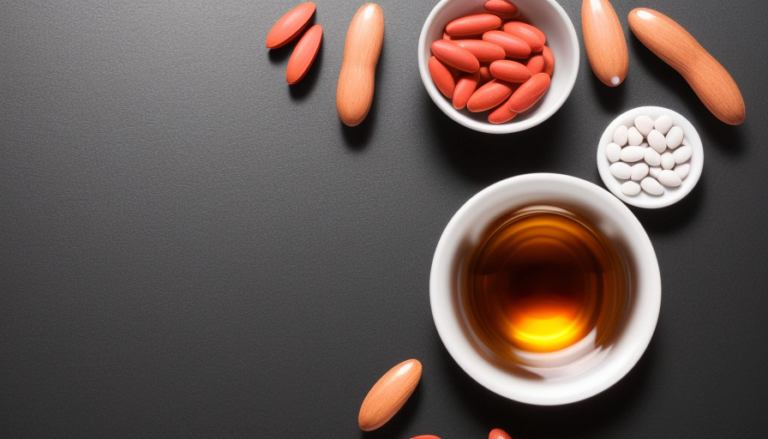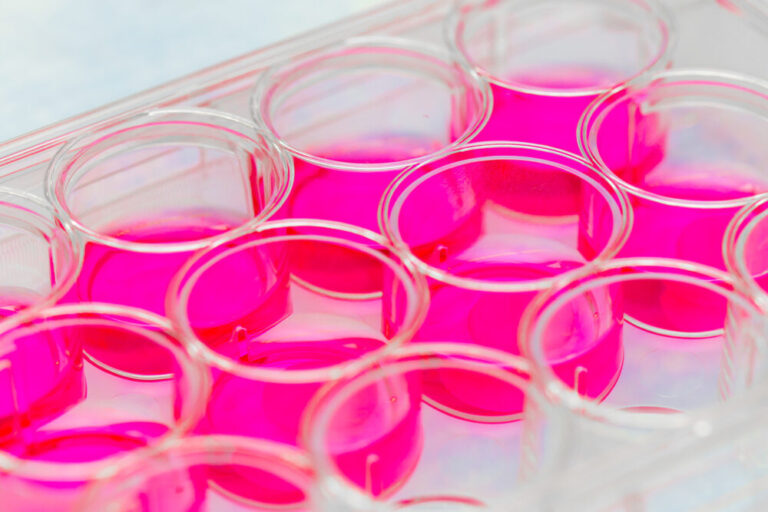Unmasking Acne: Common Causes and Contributing Factors
Acne is more than just an annoying skin issue; it’s a complex condition influenced by various factors. Whether you’re battling persistent breakouts or occasional flare-ups, understanding the root causes of acne can help you manage and potentially reduce its occurrence.
In this blog post, we’ll explore the common causes and contributing factors of acne, providing insight into why it happens and how you might address it.
1. Hormonal Changes
One of the most significant triggers of acne is hormonal changes, particularly those related to puberty, menstruation, pregnancy, and polycystic ovary syndrome (PCOS). During puberty, the body experiences a surge in androgens—male hormones present in both men and women—that stimulate the sebaceous (oil) glands.
This increased oil production can clog pores, leading to acne. Similarly, hormonal fluctuations during menstruation and pregnancy can exacerbate acne, causing breakouts around the jawline and chin. PCOS, a condition characterized by elevated levels of male hormones, can also cause severe acne.
2. Excess Oil Production
The sebaceous glands in your skin produce sebum, an oily substance that helps keep your skin moisturized. However, when these glands produce too much oil, it can mix with dead skin cells and become trapped in the hair follicles.
This combination creates a breeding ground for bacteria, leading to inflammation and acne. Factors that can contribute to excess oil production include hormonal changes, stress, and a diet high in refined carbohydrates and sugars.
3. Clogged Pores
Clogged pores are a direct result of excess oil and dead skin cells accumulating in the hair follicles. When these pores become clogged, they can create a perfect environment for acne-causing bacteria, such as Propionibacterium acnes, to thrive.
Regular exfoliation can help prevent clogged pores by removing dead skin cells and promoting the turnover of new skin. However, over-exfoliating can irritate the skin and worsen acne, so it’s important to strike the right balance.
4. Bacteria and Inflammation
The skin is home to various types of bacteria, some of which can contribute to acne. Propionibacterium acnes is a bacterium that thrives in clogged pores and contributes to inflammation and the development of acne.
When the immune system responds to this bacterial overgrowth, it can cause redness, swelling, and pus formation, leading to the painful and visible symptoms of acne. Maintaining good hygiene and using antibacterial treatments can help control bacterial growth and reduce inflammation.
5. Diet and Lifestyle
What you eat can have a significant impact on your skin health. Diets high in refined sugars, dairy products, and high-glycemic-index foods have been linked to an increased risk of acne. Foods that cause a rapid spike in blood sugar can lead to higher insulin levels, which in turn can stimulate oil production and exacerbate acne.
Additionally, a lack of essential nutrients, such as vitamins A, D, and E, can affect skin health and contribute to acne. Adopting a balanced diet rich in fruits, vegetables, and whole grains can support overall skin health and potentially reduce acne.
6. Stress
Stress doesn’t directly cause acne, but it can exacerbate it by triggering hormonal changes that increase oil production and inflammation. When you’re stressed, your body produces more cortisol, a hormone that can stimulate the sebaceous glands.
This increased oil production can lead to clogged pores and worsen existing acne. Managing stress through relaxation techniques, exercise, and adequate sleep can help keep your skin and overall well-being in check.
7. Skincare Products and Cosmetics
The products you use on your skin can also contribute to acne. Comedogenic (pore-clogging) ingredients in some skincare and cosmetic products can exacerbate acne by blocking pores and increasing oil buildup.
It’s essential to choose non-comedogenic products and ensure they are appropriate for your skin type. Additionally, regular cleaning of your makeup brushes and other tools can help prevent the spread of bacteria and reduce the risk of breakouts.
8. Genetics
Genetics plays a significant role in determining your susceptibility to acne. If your parents experienced acne, you may be more likely to develop it as well. While you can’t change your genetic predisposition, understanding this can help you approach acne treatment with realistic expectations and a tailored skincare routine.
Conclusion
Acne is a complex condition with multiple underlying causes and contributing factors. By recognizing common triggers like hormonal fluctuations, excess oil production, clogged pores, bacterial growth, diet, stress, skincare products, and genetics, you can adopt a more effective approach to managing and treating your acne.
Although eliminating acne may not be feasible, understanding and addressing these factors can lead to clearer, healthier skin. Additionally, using acne-safe makeup products can help avoid exacerbating your condition. For those with persistent or severe acne, seeking guidance from a dermatologist can offer tailored advice and treatment options to better control and manage the condition.






